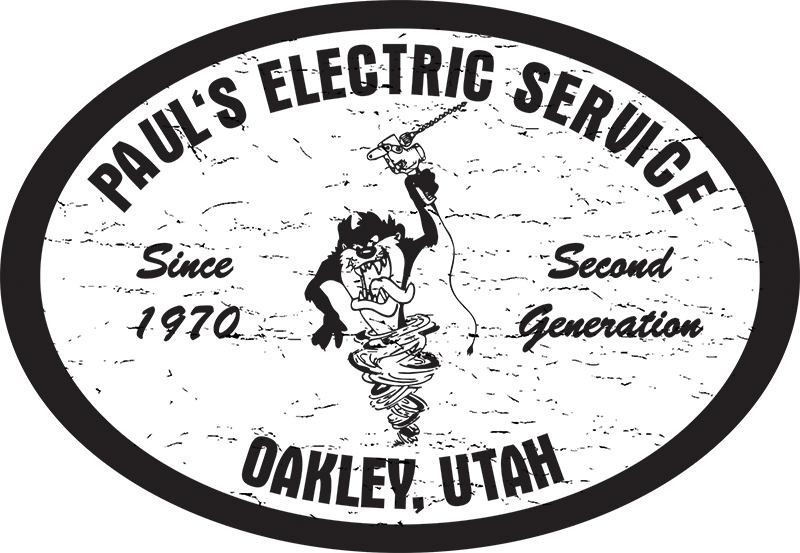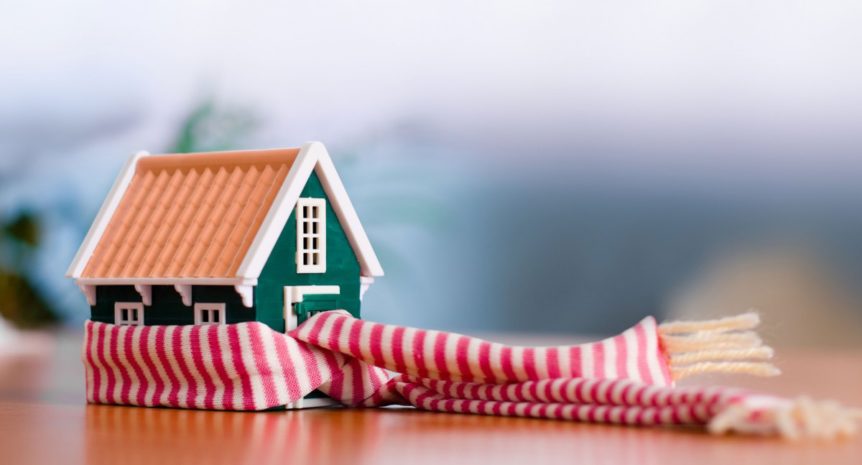Electrical Safety Checklist for a Winter Ready Home
Electrical Safety Checklist for a Winter Ready Home can include many things; but in order to try and keep things as simple as possible, we’ve narrowed them down for you.
- Does your home have the correct electrical panels, plugs, sockets and switches installed?
If yes, check that no covers are open, cracked or unscrewed. If unsure, let a certified electrical contractor check it out for you and install as necessary. - Do you know where your home’s main electrical panel is located? Are there any obstructions to accessing it easily and safely in case of a blackout? Are the switches and circuits inside it clearly marked and fully functioning?
If yes, then your home is winter ready. In severe winters, power fluctuations can trip switches that you will have to manually turn back on. - Are you safe from water leaks that could affect your electrical wiring, panels, sockets, switches and installed electrical equipment?
If you see or suspect any leaks, get the right people to fix that promptly. Heavy rain and melting snow can have water leaking into your home if it is not properly waterproofed. Water and electricity never mix well. - Do the overhead power lines outside your home have acceptable clearance from trees, poles and other structures?
If they don’t, contact your local utility company or contract a licensed arborist to take care of those overgrown branches before the winter comes. - Are your sockets and other power outlets properly loaded or are they overloaded and lacking surge protection?
If you are uncertain about this, get an expert electrician to tell you whether you are using your outlets the right way. As a guide, don’t use those plug in multi-sockets that don’t have overload circuit breakers or surge protection; ask a licensed electrical contractor for the certified power bars with surge protectors. - Do you have or need a hard-wired surge suppressor that goes directly to the main electrical panel?
In most cases, a certified hardwired surge suppressor at the main panel will provide much greater protection for your whole house. - Do you leave your non-essential electronic equipment plugged in when going for vacations or long trips?
If you do, then that needs to change. Only leave the most vital electrical equipment like a refrigerator plugged in. The others are much safer unplugged if you are going to be out of the house for a long while.
Contact Paul’s Electric Service For ALL your home electrical needs!

